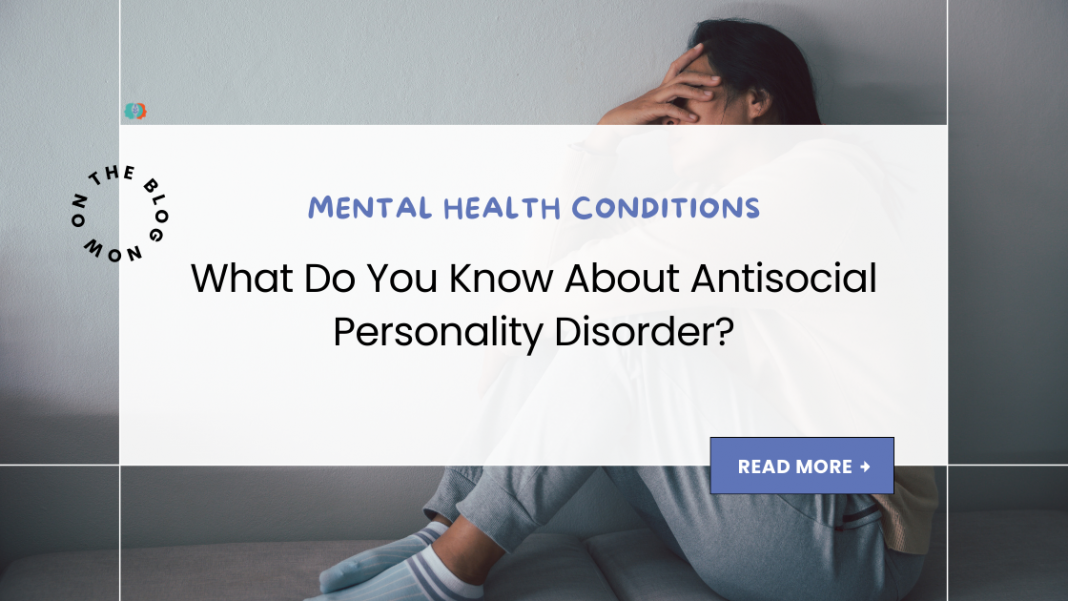Antisocial Personality Disorder (ASPD) is a chronic mental health condition characterized by a pattern of disregard for the rights and feelings of others. Individuals with ASPD often engage in manipulative, deceitful, or reckless behavior without remorse. Understanding ASPD is crucial for identifying and managing its impacts on individuals and society.
Symptoms
The symptoms of ASPD can be quite diverse and typically manifest by early adulthood. Key indicators include:
- Disregard for Right and Wrong: Persistent lying, deceit, and manipulation for personal gain or pleasure.
- Impulsiveness and Irresponsibility: Failure to plan ahead, repeated irresponsibility in work or financial matters.
- Irritability and Aggressiveness: Frequent involvement in fights or assaults.
- Lack of Remorse: Indifference or rationalization of having hurt, mistreated, or stolen from others.
- Repeated Issues with the Law: A significant pattern of illegal activities.
These behaviors lead to significant challenges in social, work, or family settings.
Causes
The exact cause of ASPD is not known, but several factors are thought to contribute:
- Genetic Predisposition: A family history of personality disorders or other mental health disorders.
- Brain Function: Changes in the brain’s functioning may affect temper and impulse control.
- Childhood Trauma: Exposure to traumatic events, inconsistent parenting, or family history of substance abuse and criminal activities.
Understanding these causes is important in formulating effective treatment plans.
Diagnosis and Testing
Diagnosis of ASPD involves a careful and comprehensive assessment:
- Psychiatric Evaluation: Detailed interviews and assessments of personal and family history, particularly focusing on behaviors and symptoms.
- Diagnostic Criteria: According to the DSM-5, antisocial behavior by the age of 15 makes the diagnosis among other criteria.
Treatment
Managing What Do You Know About Antisocial Personality Disorder can be challenging, as individuals with ASPD rarely seek treatment voluntarily:
- Therapy: Cognitive-behavioral therapy and other forms of psychotherapy can help in managing the condition.
- Medication: There are no specific drugs for ASPD, but there are medications available to treat symptoms like aggression.
- Rehabilitation Programs: For individuals with substance abuse issues, rehabilitation can be an essential component of treatment.
Treatment efficacy varies and is often a long-term process.
Small Tips for Coping with Antisocial Personality Disorder
For those dealing with ASPD or their loved ones, coping strategies can include:
- Setting Boundaries: Clear, consistent boundaries are crucial in interactions with someone who has ASPD.
- Seeking Support: Therapy or support groups can provide much-needed emotional support and coping strategies.
- Staying Informed: Understanding the disorder can help in managing expectations and interactions.
- Self-Care: Ensuring personal well-being should not be neglected.
Coping with ASPD requires patience, understanding, and a focus on personal health and boundaries.



